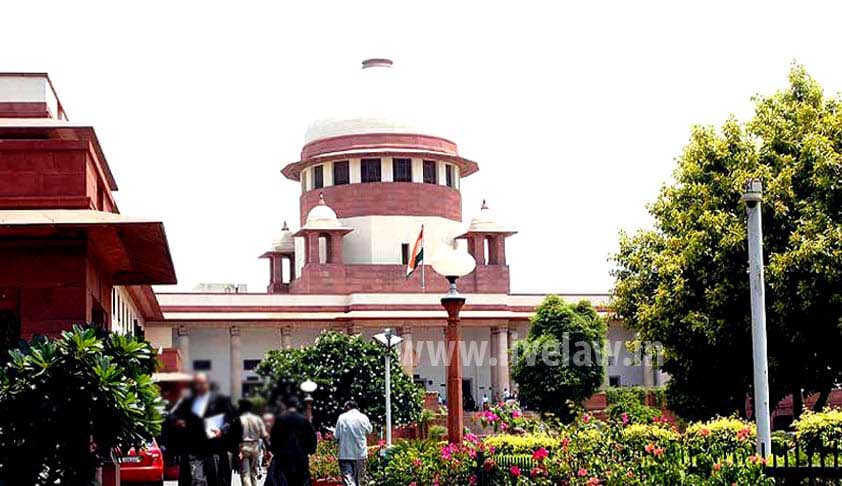Revamping of collegium: A consultative body must assist collegium, says SCAORA
Anju Cletus
3 Nov 2015 9:30 AM IST

Next Story
3 Nov 2015 9:30 AM IST
On having struck down the National Judicial Appointments Commission (NJAC), the Supreme Court is now heading for hearing on suggestions to improve the Collegium system.The Supreme Court Advocates-on-Record Association (SCAORA), one of the petitioners, in its written submission has suggested the constitution of a Consultative body consisting of distinguished jurists, leading lawyers,...
